Continuing the 7th Session Program, on the afternoon of May 27, the National Assembly continued to discuss in the hall a number of contents with different opinions of the draft Law on Social Insurance (amended).
Review of pension eligibility
National Assembly Deputy Nguyen Huu Thong ( Binh Thuan delegation ) commented on the content of the draft Law related to social pension benefits. Deputy Nguyen Huu Thong said that at point a, clause 1 , Article 20 of the draft (stipulating 75 years of age or older).
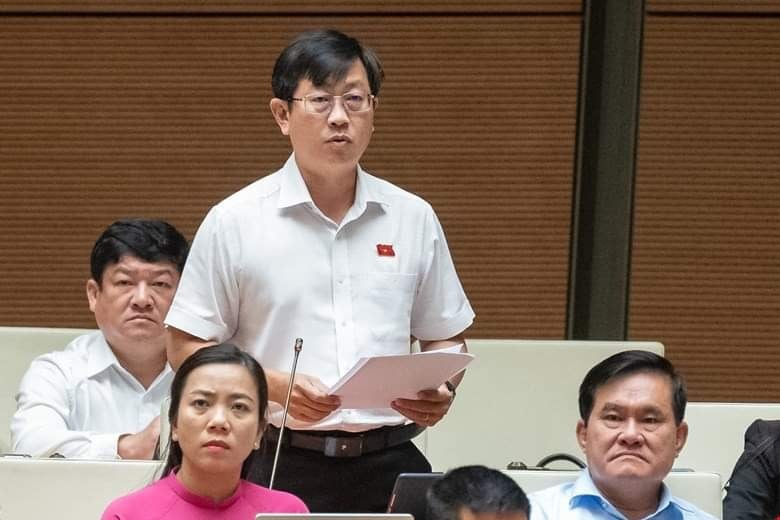
National Assembly Delegate Nguyen Huu Thong.
Mr. Thông said that this age is too high compared to the average life expectancy of the population of our country today (according to data from the General Statistics Office, in 2023, the average life expectancy of our population is 73.7 years old , in 2022 it is 73.6 years old).
Regarding the conditions for receiving social pension benefits, the delegate said that in reality, there are people who satisfy both conditions in point b, clause 1 of the draft, but have very high income from other sources such as: support from children or other legal sources of income, but are still eligible for social pension benefits.
From there, the delegates proposed to amend Clause 1, Article 20 in the direction of lowering the age condition (at Point a, Clause 1) to equal to or lower than the current average life expectancy of our country , and at the same time adding the condition of not having another stable source of income to suit the actual situation.
Concerning the subjects and conditions for receiving social pension benefits (Article 20), delegate Ho Thi Kim Ngan ( Bac Kan delegation ) said that Clause 1, Article 20 stipulates that Vietnamese citizens are entitled to receive social pension benefits when they meet the following conditions: Being 75 years old or older; not receiving monthly pension or social insurance benefits according to Government regulations ; having a request to receive social pension benefits; Clause 2 of this Article stipulates that Vietnamese citizens from 70 years old to under 75 years old who are poor or near-poor households residing in communes and villages with special difficulties and at the same time ensuring the provisions in Points b and c, Clause 1 of this Article are entitled to receive social pension benefits".
According to Ms. Ngan , the age for receiving social pension benefits is stipulated in the Law, decided and regulated by the National Assembly. However, according to Clause 3, Article 20 of the draft Law, the Standing Committee of the National Assembly has the authority to decide to adjust and reduce the age for receiving social pension benefits at Point a, Clause 1 of this Article in accordance with the socio -economic development conditions and the capacity of the state budget in each period at the request of the Government.
Ms. Ngan suggested that it is necessary to study and review the content of this regulation to ensure it is appropriate, consistent, and within the correct authority.
In addition, the delegate said that the draft Law also has exceptions for priority subjects, according to which people from poor households, near-poor households residing in particularly difficult communes and villages who do not receive monthly pensions or social insurance benefits, only need to be "from 70 years old to under 75 years old" to receive social pension benefits. However, regarding the regulation on reducing the age of receiving social pension benefits, it is only for point a, clause 1, the case of "75 years old or older".
To ensure consistency and consistency, delegates propose that when the age in point a, clause 1 is gradually reduced, the age in the case in clause 2 will also be reduced accordingly .
Because otherwise, there may be a case where the age is reduced many times in point a, clause 1, and will be equal to the age in clause 2 (at this time, it will no longer be a priority regulation, and in this case, the normal beneficiaries and those in poor households, near-poor households residing in communes and villages with special difficulties will have the same age ).
Proposal to postpone the passage of the Law on Social Insurance (amended)
National Assembly Deputy Ma Thi Thuy (Tuyen Quang delegation) stated that the Law on Social Insurance (SI) is a law that has a great impact on the lives of millions of workers who have worked and are working, including those who have passed away and their families. Therefore, the study and review of the provisions of the draft Law is especially important for the National Assembly, and is of interest to voters nationwide.
Through studying the draft Law and the report on reception and explanation, delegates basically agreed with many contents mentioned by the National Assembly Standing Committee.
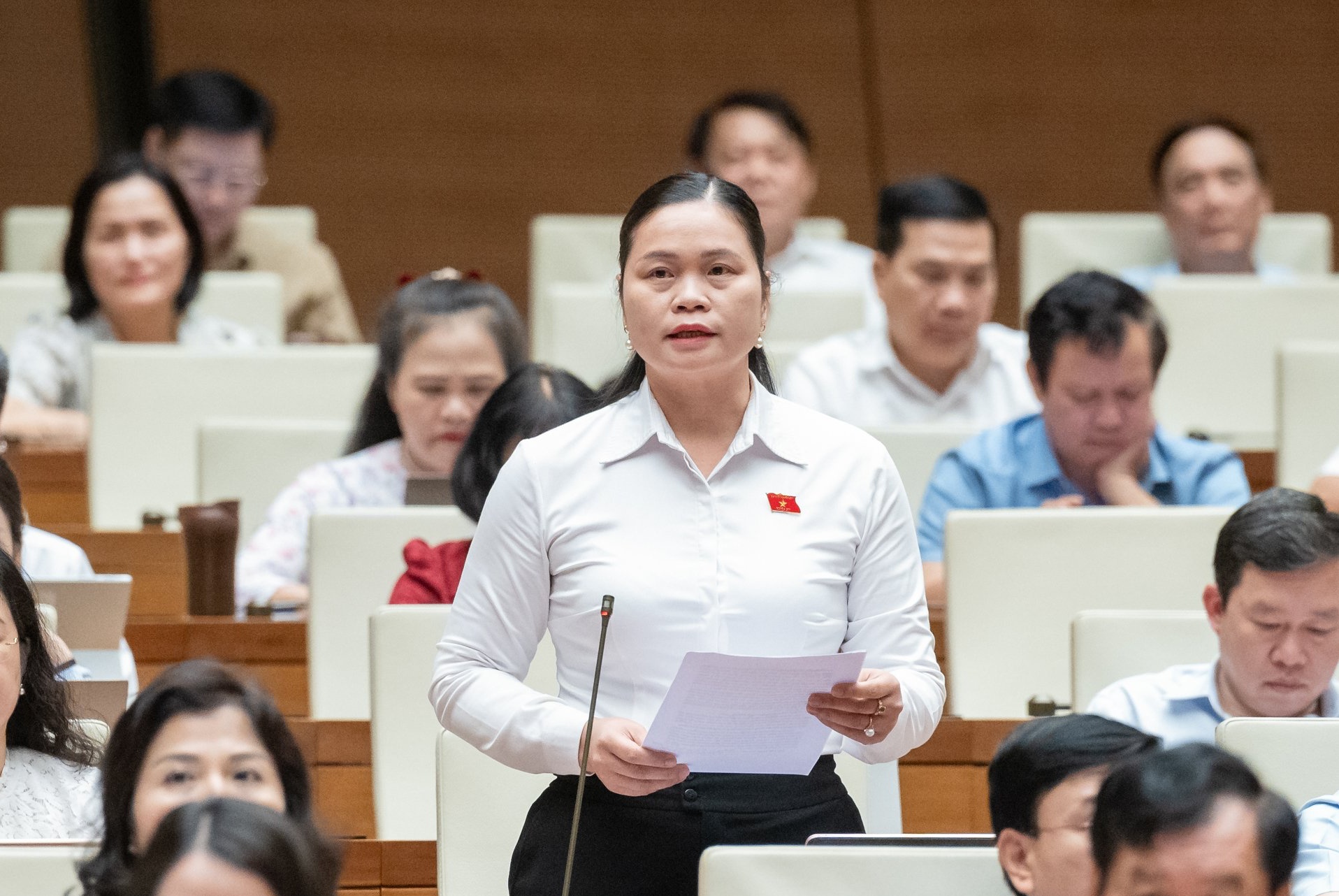
National Assembly Delegate Ma Thi Thuy expressed her opinion.
Delegate Ma Thi Thuy also said that it is necessary to postpone the time of consideration and approval of the Social Insurance Law to the 8th Session to ensure caution, fully assess the impact of the new wage policy on the provisions of the Social Insurance Law and collect opinions from the affected subjects, which are the majority of workers.
“We cannot decide policies related to workers’ rights based on money directly contributed by workers and employers without them having any say in the matter. The National Assembly and the National Assembly Standing Committee need to direct the Government to fully consult workers to ensure that the policies issued are feasible and effective with many better and more progressive policies than the 2014 Social Insurance Law,” Ms. Thuy emphasized.
Also expressing her opinion, National Assembly Deputy Tran Thi Hoa Ry (Bac Lieu delegation) said that most of the provisions in the draft law are directly or indirectly related to salary policy because this is the basis for revenue and expenditure and implementation of social insurance regime.
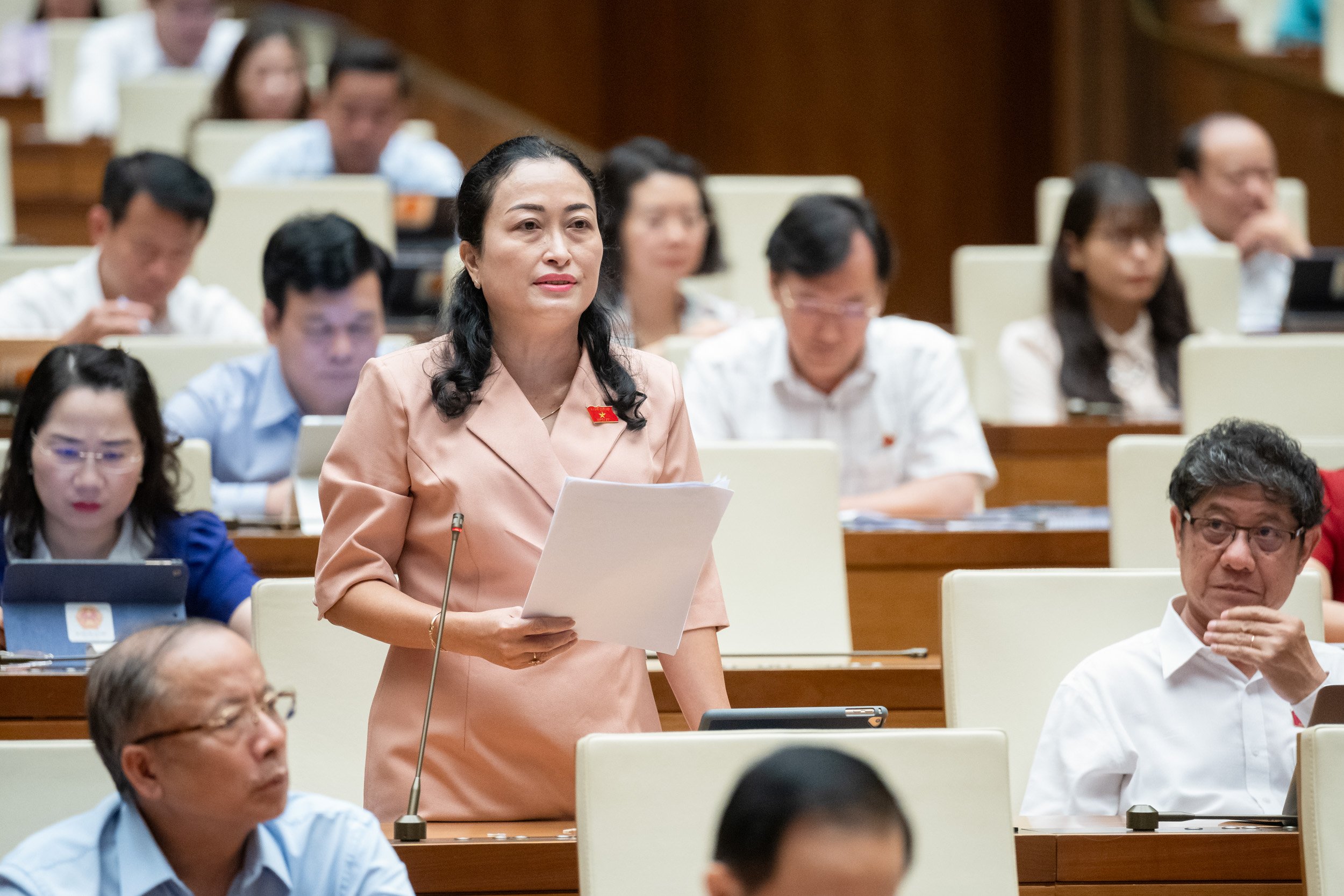
National Assembly Delegate Tran Thi Hoa Ry speaks at the discussion session.
Through studying the reports, delegates said that there is a lack of consistency in this content. Up to now, there has not been a full policy impact assessment report sent to the National Assembly delegates in accordance with regulations.
The delegates said that the use and policies related to social insurance are very big issues. Therefore, changing this policy cannot be done without consulting widely with workers in the context of salary reform.
While wages will change fundamentally from July 1, 2024, it is unclear how the reference level will be developed and implemented. On the other hand, this also creates a gap between those retiring before and after July 1.
According to the delegate, the social insurance policy is a sharing between generations, not just a principle of contribution and benefit of each individual. Therefore, for those who are working, social insurance today will have an impact on the pension of retired people and the sharing between generations needs to be taken into account in the process of salary reform. We must do something so that the gap between working people and retired people is not too large.
Therefore, the delegate suggested that there should be a thorough impact assessment and research. Regarding the timing of passing the law, the delegate suggested that it should be passed after the implementation of the salary reform policy (July 1) .
Source: https://www.nguoiduatin.vn/75-tuoi-moi-duoc-huong-tro-cap-huu-tri-xa-hoi-la-qua-cao-a665521.html


























![[Infographic] Vietnam-Senegal traditional friendship](https://vphoto.vietnam.vn/thumb/1200x675/vietnam/resource/IMAGE/2025/7/23/4c96a604979345adb452af1d439d457b)
























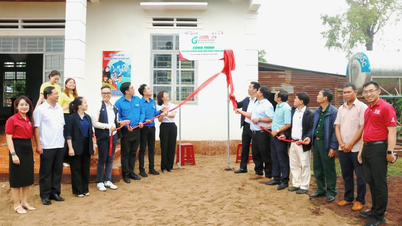







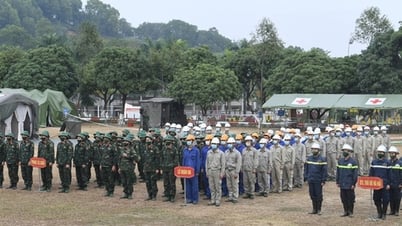





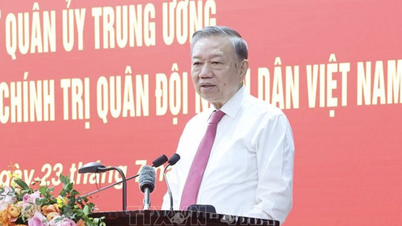







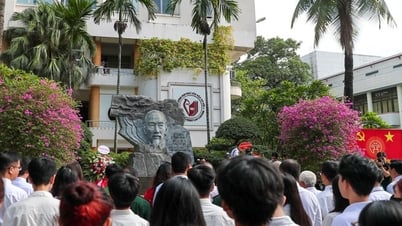




























Comment (0)